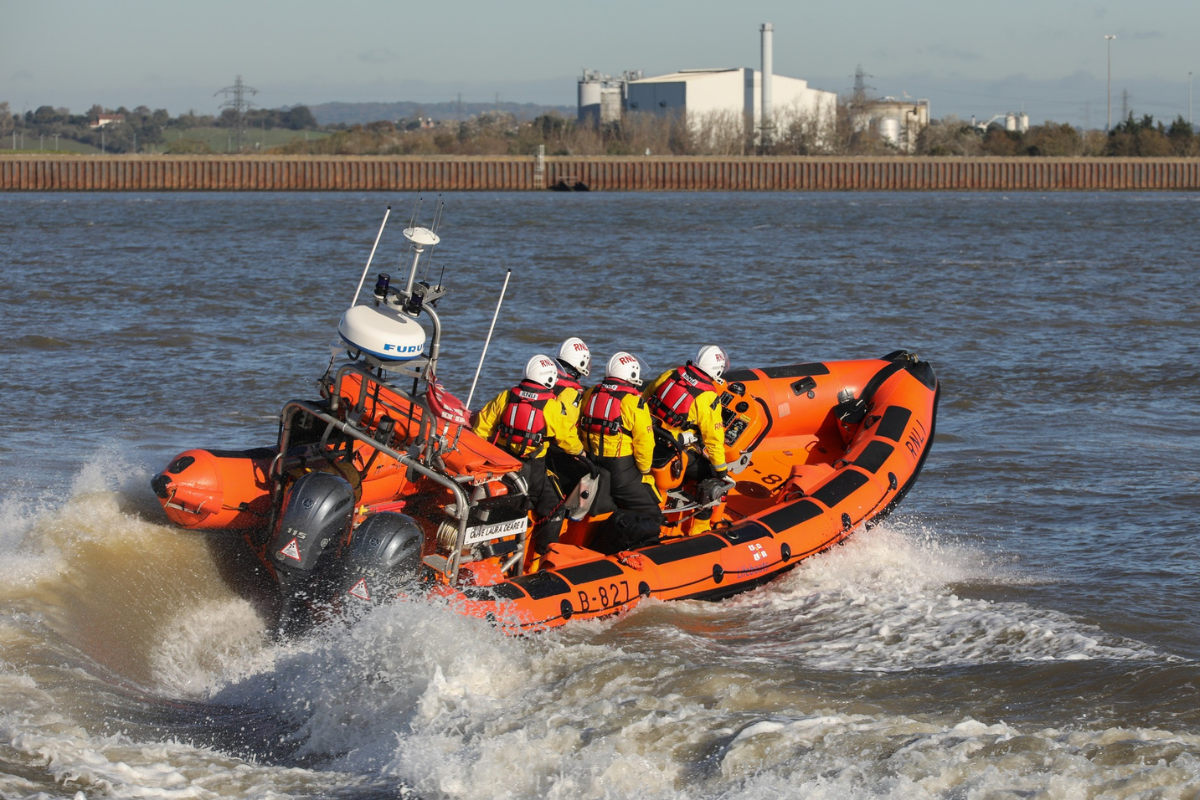
This Year’s Gala Night Charity - Our Local Lifeboat Station
The Royal National Lifeboat Institution (RNLI) Is the largest charity that saves lives at sea around the coasts of the UK, Ireland, the Channel Islands and the Isle of Man as well as on some inland waterways.Founded in 1824 as the National Institution for the Preservation of Life from Shipwreck, the RNLI was granted Royal Charter in 1860 and is a charity in the UK and the Republic of Ireland. The RNLI is principally funded by legacies and donations. 95 per cent of RNLI people are volunteers, 4,700 volunteer lifeboat crew, 3,000 volunteer shore crew, 150 volunteer lifeguards and around 20,000 volunteer community fundraisers plus thousands or other dedicated volunteers who raise awareness, give safety advice and help in our museums, shops and offices.
The River Thames
Following the Marchioness tragedy in 1989, the Thames Safety Inquiry conducted by Lord Justice Clarke recommended, amongst other things, a dedicated search and rescue service on the tidal reaches of the River Thames. The RNLI was invited to provide this facility and four new lifeboat stations were opened on 2 January 2002. Gravesend, Tower and Chiswick, are manned 24 hours a day, using a mix of full-time and volunteer crew, with Teddington having a volunteer crew summoned by pagers.
Gravesend Lifeboat Station
Our station Is at the end of Royal Terrace Pier in Gravesend. Princess Alexandra arrived there from Denmark in 1863 en route to marry Edward, Prince of Wales. Our patch covers an area from Holehaven, at the western end of Canvey Island, to the Thames Flood Barrier at Woolwich, a distance of 26 miles. A patch that covers Kent, Essex and South London. Although it is very unusual within the RNLI to have crew permanently at a station, the requirement to reach 90 per cent of incidents within 15 minutes of being tasked makes this a necessity. The full-time staff work a shift system of days and nights. Our volunteer crew is asked to attend for a minimum of two twelve-hour shifts per month, either day or night. Because there Is no need to live very close to the lifeboat station to respond to a pager, many people who would otherwise have been unable to volunteer as lifeboat crew have been able to do so.